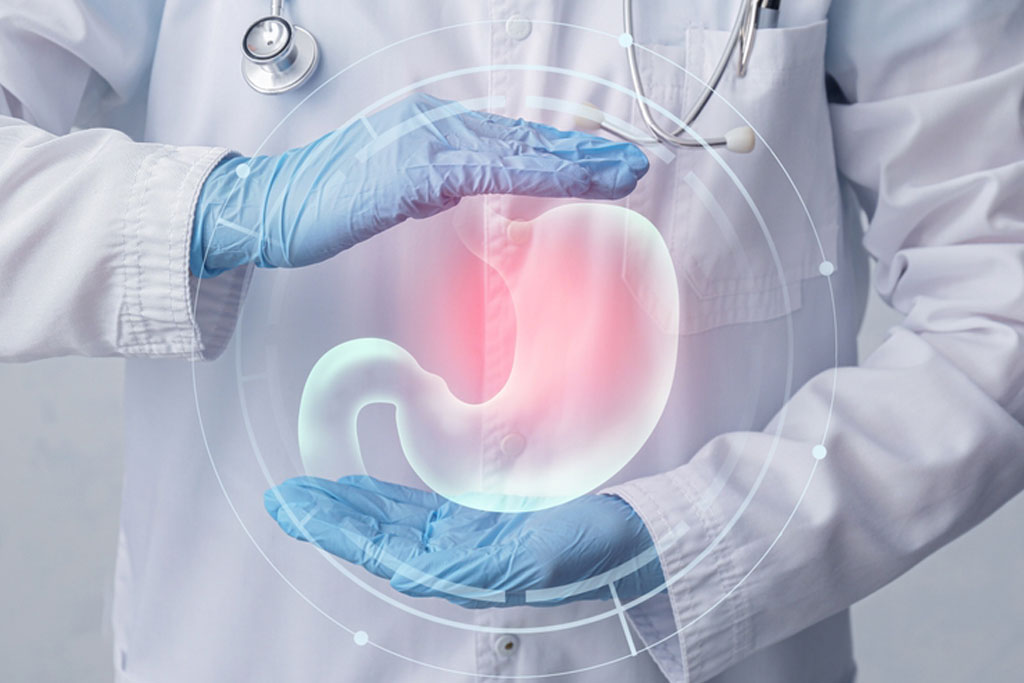1. Advanced Endoscopic Techniques
Endoscopy has become more advanced, allowing for minimally invasive procedures that can diagnose and treat various conditions with greater precision and less discomfort. Key innovations include:
- Endoscopic Ultrasound (EUS): Combines endoscopy and ultrasound to obtain detailed images of the digestive tract and surrounding tissues.
- Endoscopic Retrograde Cholangiopancreatography (ERCP): Used to diagnose and treat conditions of the bile ducts, pancreas, and gallbladder.
- Endoscopic Mucosal Resection (EMR): Allows for the removal of large polyps and early-stage cancers without surgery.
2. Capsule Endoscopy
Capsule endoscopy is a non-invasive procedure where a patient swallows a small, pill-sized camera that takes thousands of pictures as it travels through the digestive tract. This innovation is particularly useful for examining the small intestine, which is difficult to reach with traditional endoscopy.
3. Artificial Intelligence in Gastroenterology
Artificial intelligence (AI) is revolutionizing gastroenterology by enhancing the accuracy and efficiency of diagnostics and treatment planning. AI applications include:
- Computer-Aided Detection (CAD): AI algorithms assist in identifying polyps and other abnormalities during colonoscopy.
- Predictive Analytics: AI analyzes patient data to predict disease risk and outcomes, allowing for personalized treatment plans.
4. Microbiome Research
Understanding the gut microbiome—the community of trillions of bacteria and other microorganisms living in the digestive tract—has opened new avenues for treatment. Innovations in microbiome research include:
- Fecal Microbiota Transplantation (FMT): Transferring stool from a healthy donor to a patient to restore healthy gut flora, particularly effective for treating recurrent C difficile infections.
- Probiotics and Prebiotics: Developing targeted probiotic and prebiotic treatments to support gut health and treat conditions like IBS and IBD.
5. Regenerative Medicine
Regenerative medicine, including stem cell therapy and tissue engineering, holds promise for repairing and regenerating damaged tissues in the digestive tract. This can be particularly beneficial for patients with conditions such as Crohn’s disease and ulcerative colitis.
6. Telemedicine and Remote Monitoring
The adoption of telemedicine has expanded access to gastroenterological care, especially for patients in remote areas. Innovations in this field include:
- Virtual Consultations: Allowing patients to consult with gastroenterologists from the comfort of their homes.
- Remote Monitoring Devices: Wearable technology that tracks digestive health metrics and sends data to healthcare providers for real-time monitoring.
7. Personalized Medicine
Personalized medicine tailors treatments to individual patient characteristics, improving outcomes and minimizing side effects. In gastroenterology, this includes:
- Genetic Testing: Identifying genetic predispositions to GI diseases and customizing prevention and treatment strategies.
- Biomarker Research: Using biomarkers to predict response to treatments and monitor disease progression.
Conclusion
The field of gastroenterology is advancing rapidly, with innovations that are improving patient outcomes and transforming the way we approach digestive health. By staying informed about these advancements, patients can take an active role in their healthcare and explore the latest options available for diagnosis and treatment. For more information and personalized care, visit Gastrocare Clinic and consult with Dr. Suryaprakash Bhandari, an expert in the latest gastroenterological innovations.



